What is the application process of tube furnace?
Tube furnaces are widely used in various processes that require high temperature heating and precise temperature control.
The following are some of the main application processes:
1. Heat treatment
Purpose: Perform annealing, sintering, quenching and other treatments on metals, ceramics, composite materials, etc. to improve the mechanical properties, physical properties and chemical stability of the materials.
Process: The sample is placed in a tube and heated and cooled by controlling the temperature profile.
2. Chemical Vapor Deposition (CVD)
Purpose: Depositing thin films on the surface of substrates, such as depositing silicon, silicon nitride and other thin films in the semiconductor industry.
Process: The reaction gas is introduced into the heated tube, decomposes at high temperature and forms a thin film on the surface of the substrate.
3. Thermal decomposition
Purpose: Decompose compounds to obtain pure elements or other compounds, such as carbides, nitrides, etc.
Process: The sample is placed in a high-temperature tube and decomposed by heating to produce the required product.
4. Atmosphere control experiment
Purpose: Carry out chemical reactions or physical changes under specific atmospheric conditions, such as reduction, oxidation, nitridation, etc.
Process: Introduce inert gas, reducing gas or oxidizing gas into the tube, and control the atmosphere environment to conduct experiments.
5. Catalyst research
Purpose: Study the performance and stability of catalysts at high temperatures.
Process: The catalyst is placed in a tube and tested under high temperature and reaction atmosphere to evaluate its catalytic performance.
6. Crystal growth
Purpose: Grow single crystal or polycrystalline materials, such as silicon single crystal, sapphire single crystal, etc.
Process: In a high-temperature environment, the material crystals are gradually grown by controlling the temperature gradient and growth rate.
7. Material synthesis
Purpose: Synthesis of new materials, such as alloys, ceramics, nanomaterials, etc.
Process: The raw material mixture is placed in the tube and new materials are generated through high-temperature reaction.
8. High temperature gas reaction
Purpose: Study the reactions between gases and solids, liquids or other gases under high temperature conditions, such as oxidation, reduction, nitridation, etc.
Process: Control the gas flow and temperature to allow the reaction to proceed in the tube.
9. Thermogravimetric analysis
Purpose: Study the quality changes of materials during the heating process and understand their thermal stability, decomposition temperature and other characteristics.
Process: Heating in a high-temperature tube while recording sample mass changes.
10. Microwave plasma experiment
Purpose: Perform high-temperature chemical reactions in microwave plasma environment, such as synthesizing nanomaterials, carbon nanotubes, etc.
Process: Plasma is generated in the tube and the target product is generated through high-temperature reaction.
These application processes of tube furnaces demonstrate their broad applications in the fields of materials science, chemistry, physics and engineering. Kejia tube furnaces have precisely controlling temperature and atmosphere, tube furnaces can realize many high-temperature and complex processes, providing an important tool for scientific research and industrial production.

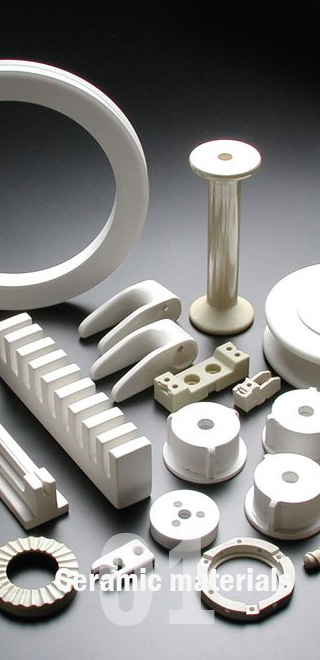
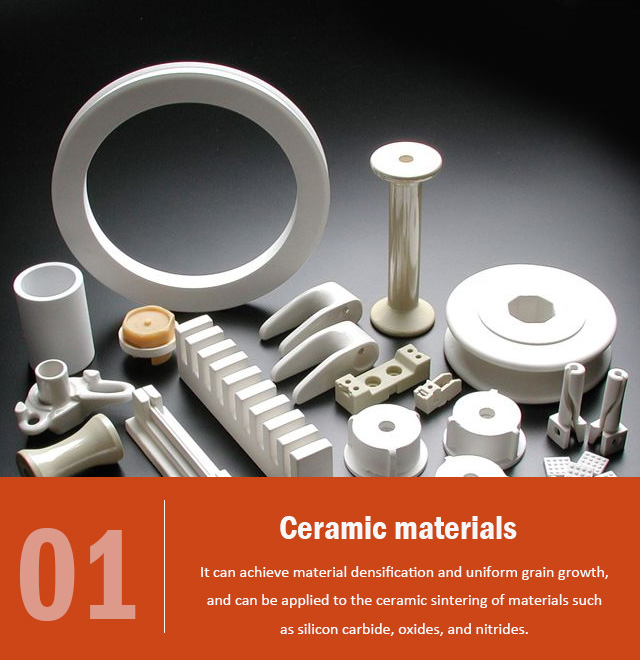
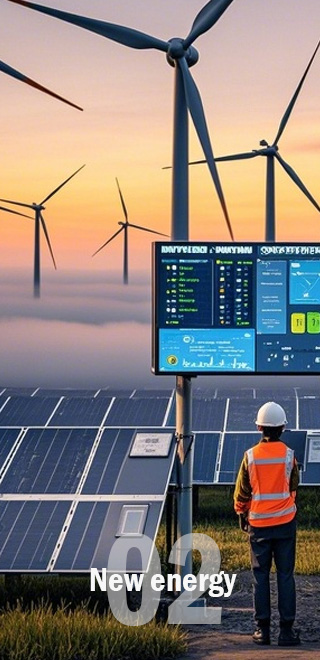
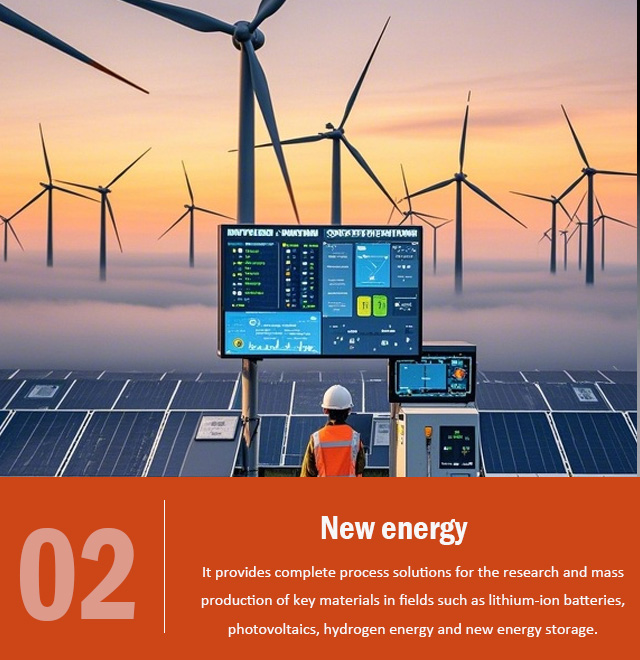
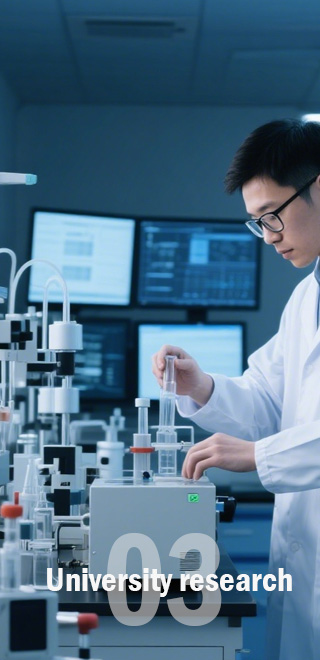
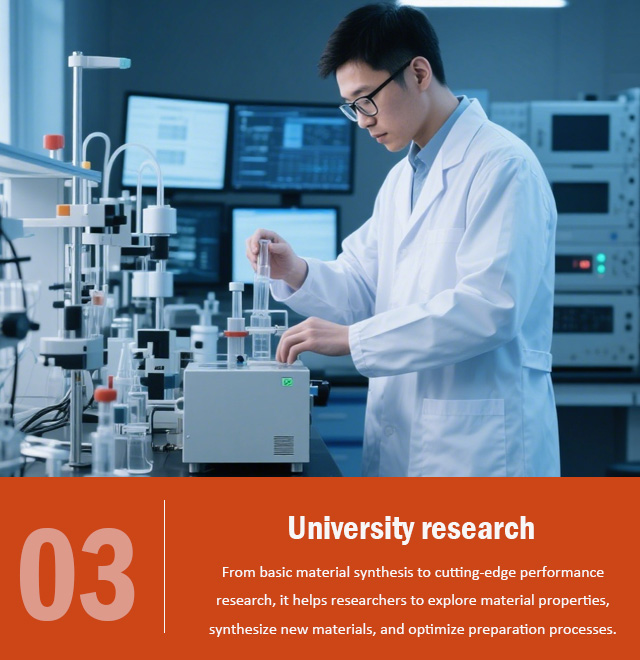


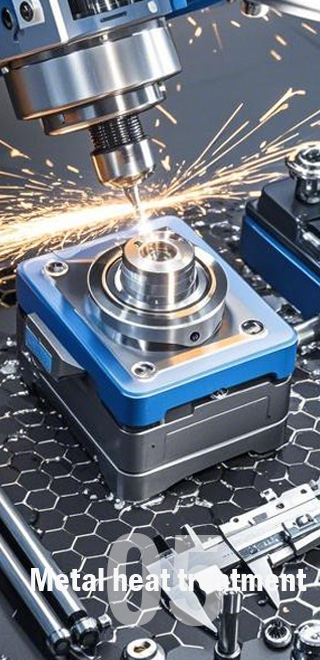
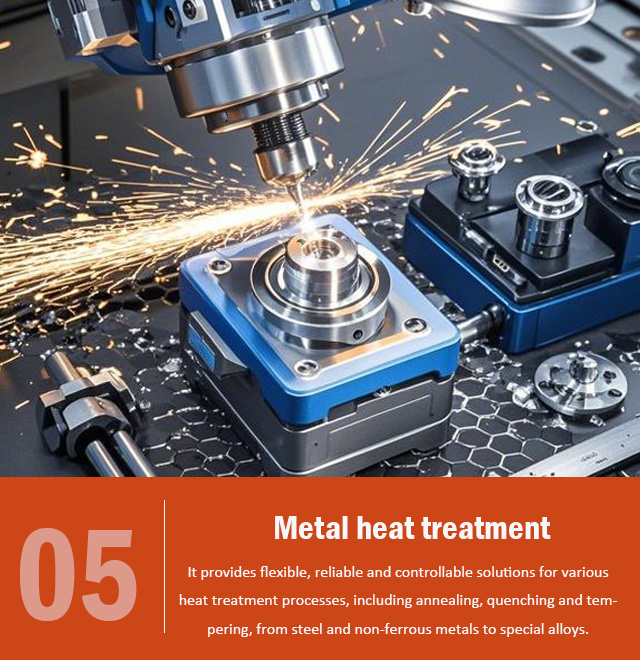

 E-mail:web@kejiafurnace.com
E-mail:web@kejiafurnace.com
 Tell:+(86) 18037178440
Tell:+(86) 18037178440
 Whatapp:+(86) 180-3717-8440
Whatapp:+(86) 180-3717-8440
 Address:Room 1505, Building 9, No. 26 Dongqing Street, Zhengzhou High-tech Industrial Development Zone
Address:Room 1505, Building 9, No. 26 Dongqing Street, Zhengzhou High-tech Industrial Development Zone
